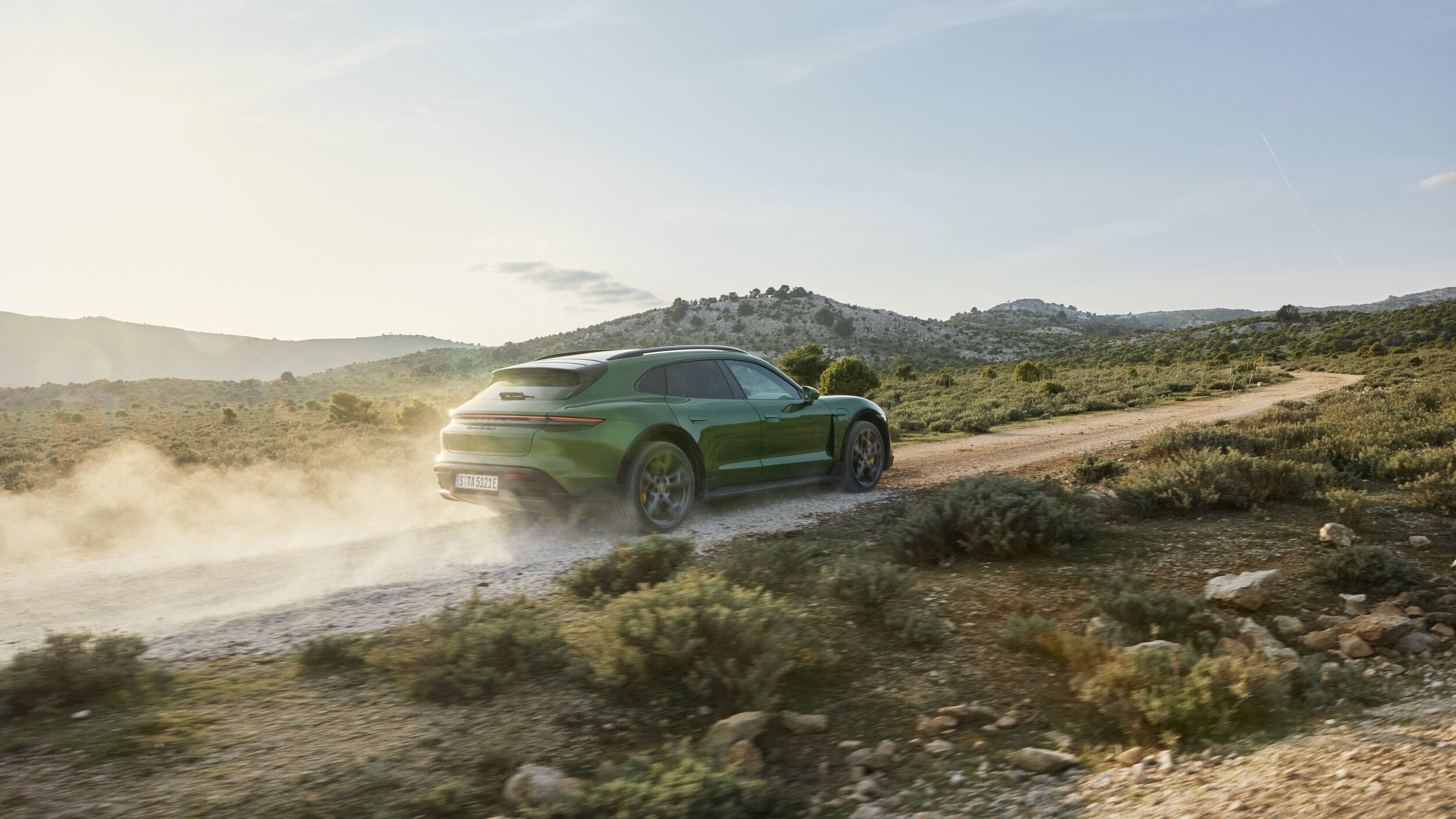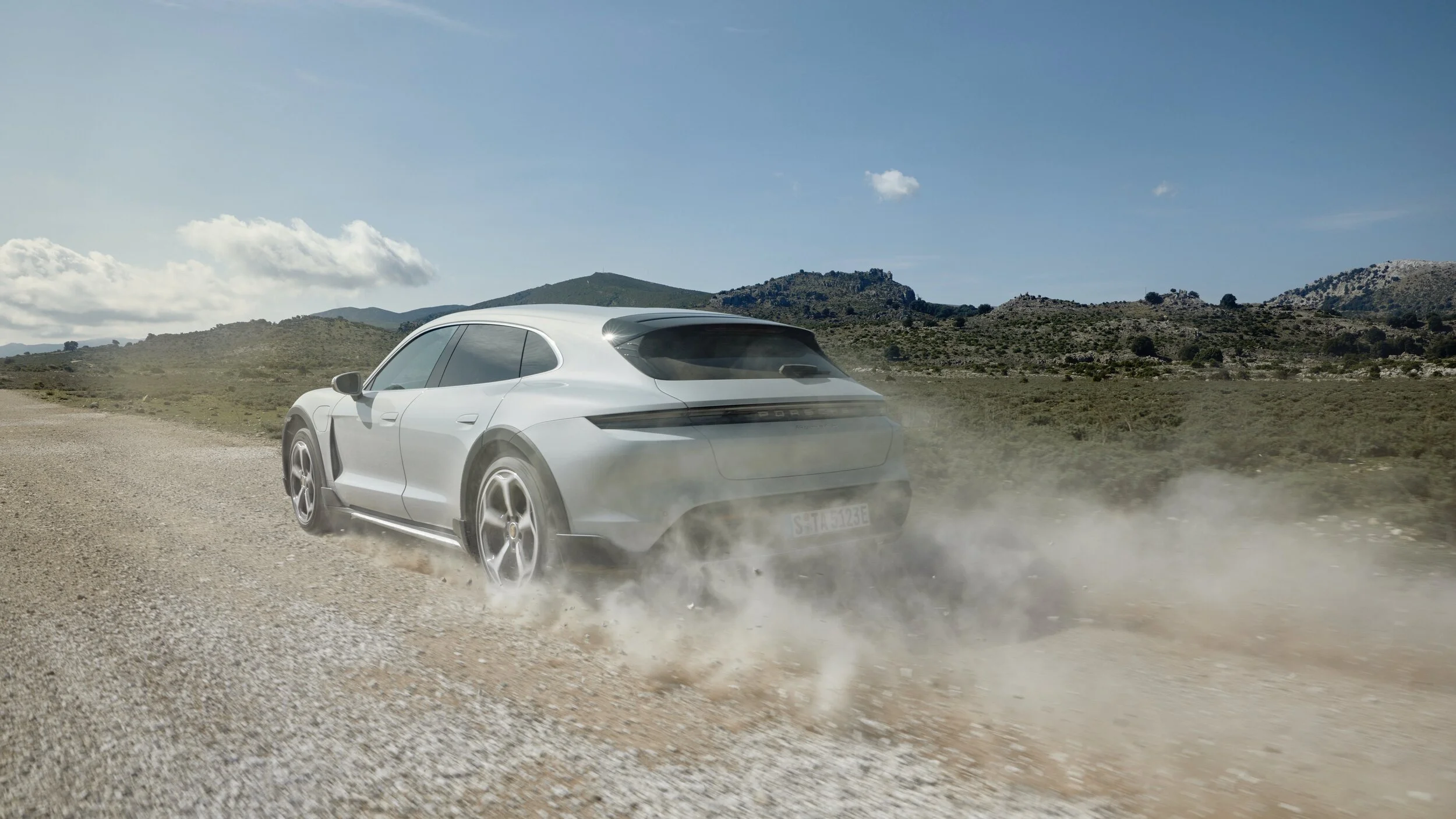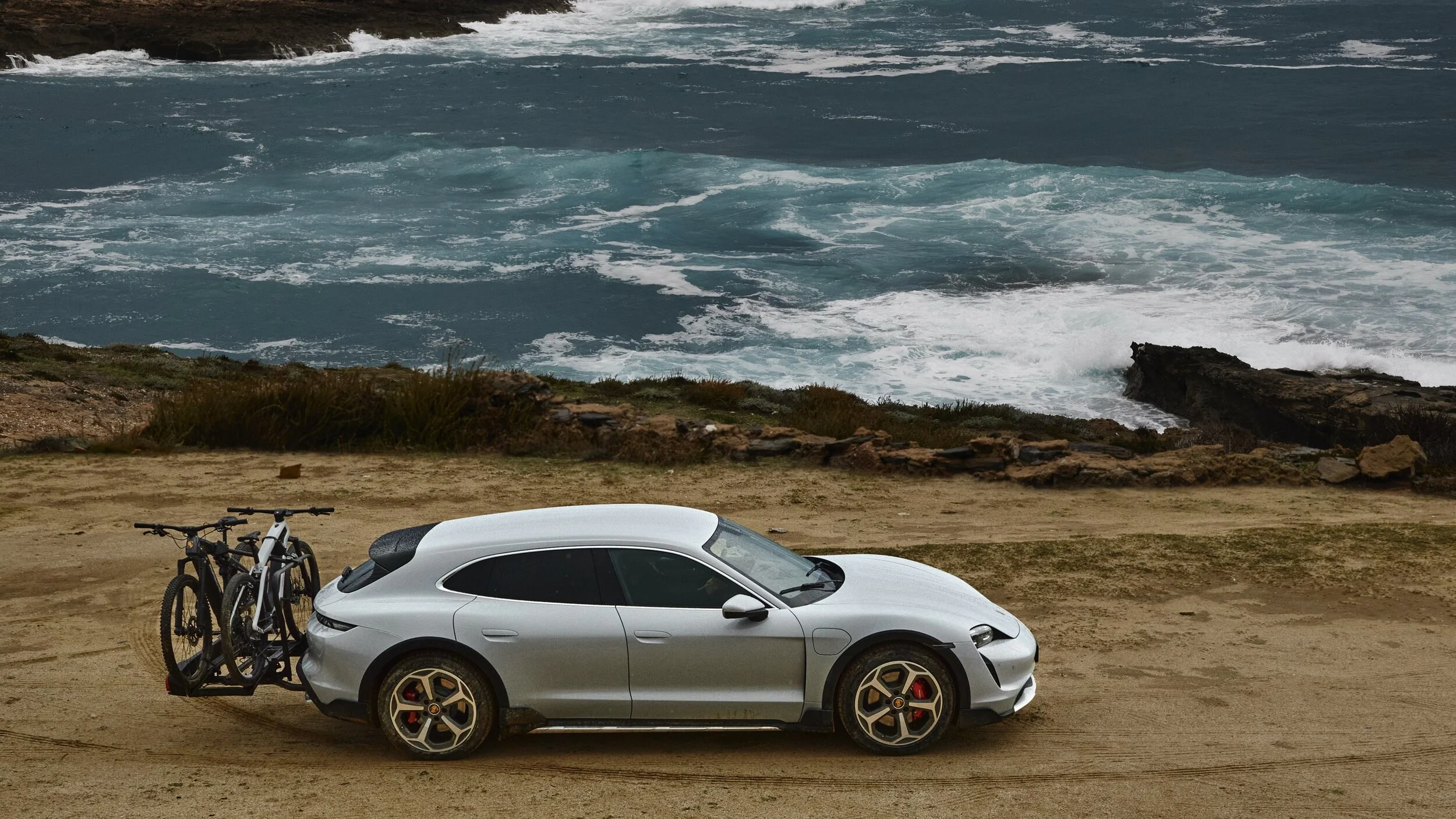Watt Happened: 5 Stories To Know About From Feb. 26-March 4
By Phil Royle – March 5, 2021
Volvo unveiled its 2022 C40 Recharge, a sporty-looking, 78 kWh-powered SUV that looks, well, like a Volvo should, both inside and out. Expect an EPA-rated range coming in roughly the same as Volvo’s XC40 Recharge, meaning around 208 miles, with a price likely to match (roughly $50,000, give or take, if we were to guess). There’s ample to say about this EV-only SUV, and you can read more about it here. But Volvo’s news didn’t conclude with the C40 Recharge. Instead, Volvo dropped a few more bombs, like the fact that sales for the C40 Recharge will be completed online only, and by 2030 Volvo expects to be completely electric.
A similarly good-looking SUV is the 2021 Volkswagen ID.4. Unlike the C40 Recharge, the ID.4 has been in public view for a while, but VW only recently unveiled its U.S. specs. Powered by an 82 kWh battery, this 250 mile range SUV will set buyers back $41,190 for the two-wheel-drive version and $48,175 for all-wheel drive. Those prices do not reflect the $7,500 federal tax credit some buyers will be able to capitalize on, nor does it add in the value of the three years of free Level 3 charging at Electrify America stations.
VW’s ID.4 will come with three years of free Level 3 charging at Electrify America stations in the U.S. (Courtesy Volkswagen)
Sneaking in under the wire this week was Porsche and its 2021 Taycan Cross Turismo announcement. In fact, this “don’t call it a wagon” wagon hit the news feed so late in the game that we’d already recorded this week’s The Watt Car podcast before the announcement was made. For those looking for sub-5- to sub-3-second 0-60 mph acceleration out of a slightly high-riding sport wagon, look no further than the Taycan Cross Turismo. Starting price is $92,250.
Don’t call the 2021 Porsche Taycan Cross Trek a wagon…although it is. (Image courtesy Porsche)
Hyundai Motor Co., meanwhile, might be riding high on its plentiful stock of chips, but it’s going to feel the pain when it has to write a $900 million dollar check for recalling 82,000 EVs worldwide due to their LG Chem batteries catching on fire. This is one of the largest EV recalls in history. And there’s plenty of blame-gaming going on. Per Reuters:
“LG Energy Solution, a division of LG Chem Ltd which manufactures the batteries, was quick to deflect criticism.”
“It said in a statement that Hyundai misapplied LG’s suggestions for fast-charging logic in the battery management system, adding the battery cell should not be seen as the direct cause of the fire risks.”
“South Korea’s transport ministry said in a statement that some defects had been found in some battery cells produced at LG Energy’s China factory. Hyundai did not comment on the cause of the fires.”
Battery fires in Hyundai’s EVs (mostly the Kona Electric) could cost the company $900 million. (Image Courtesy Hyundai)
And finally, Petaluma, a 60,000-person town just north of San Francisco, Calif., has banned the construction of new gas stations – it seems 16 gas stations within the greater Petaluma area are quite enough, thank you very much. Importantly, the gas station ban opens up development for alternate fueling locations:
“It also streamlines processes for existing gas stations seeking to add electric vehicle charging stations and potential hydrogen fuel cell stations, with city staff underlining an urgency to support alternative fueling in order to meet state zero-emission infrastructure targets.”
(Main image courtesy Volvo)
- Podcast - Facebook - Google News - Twitter -










